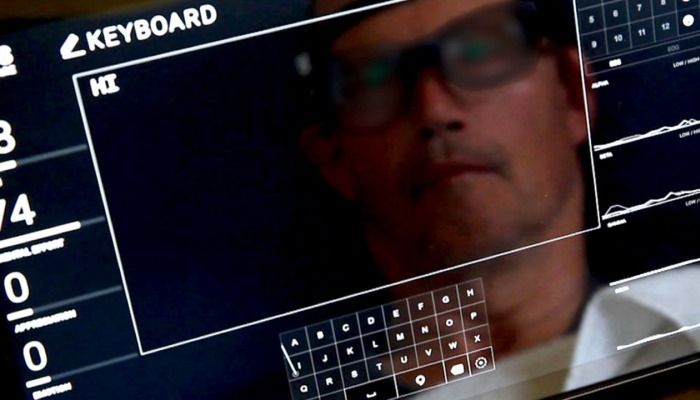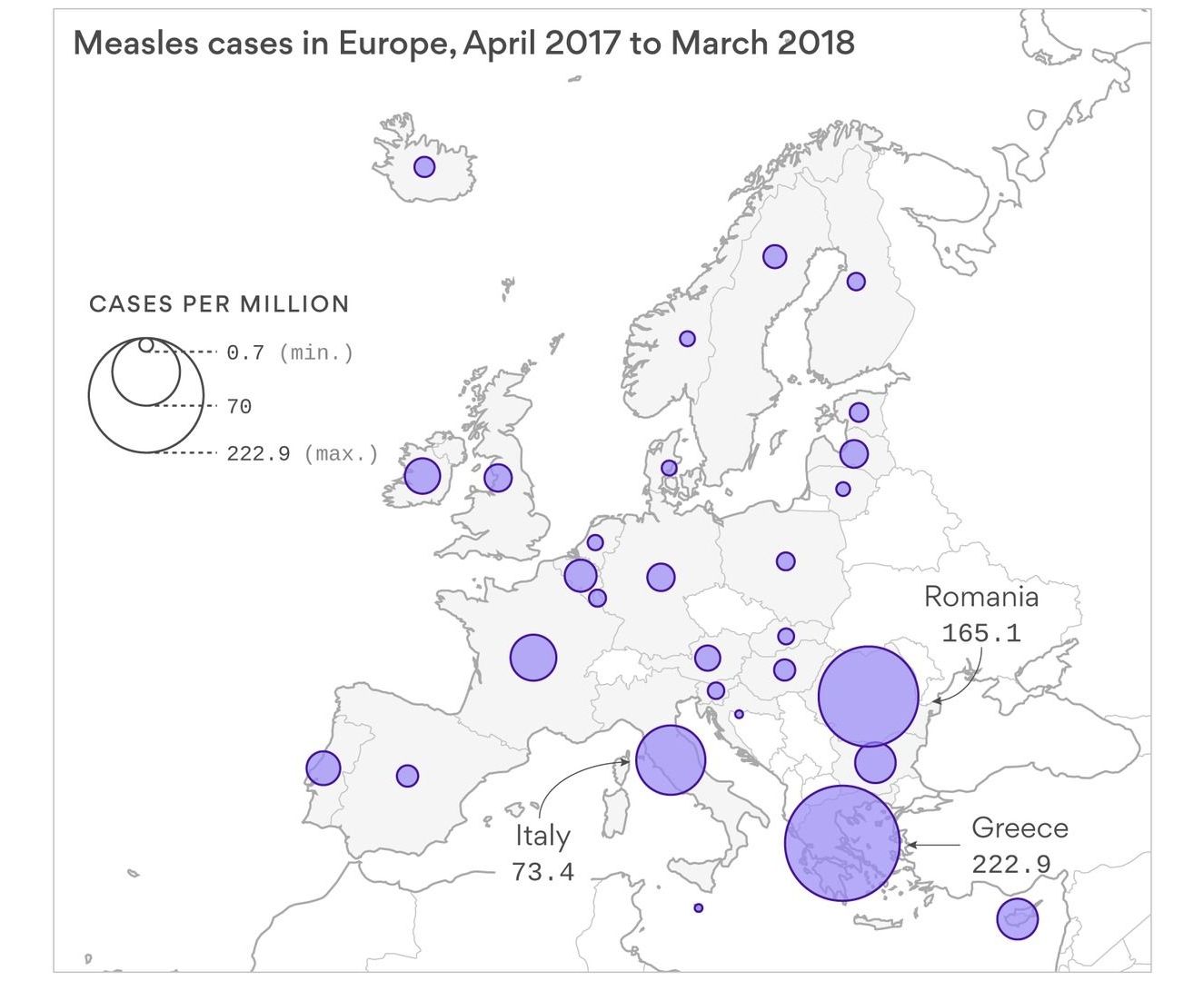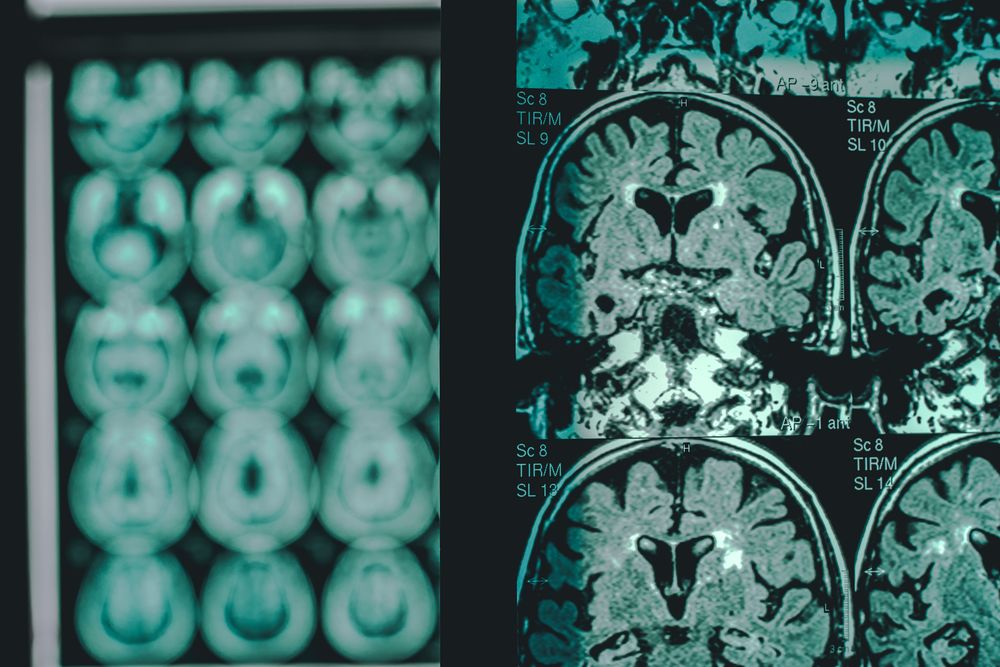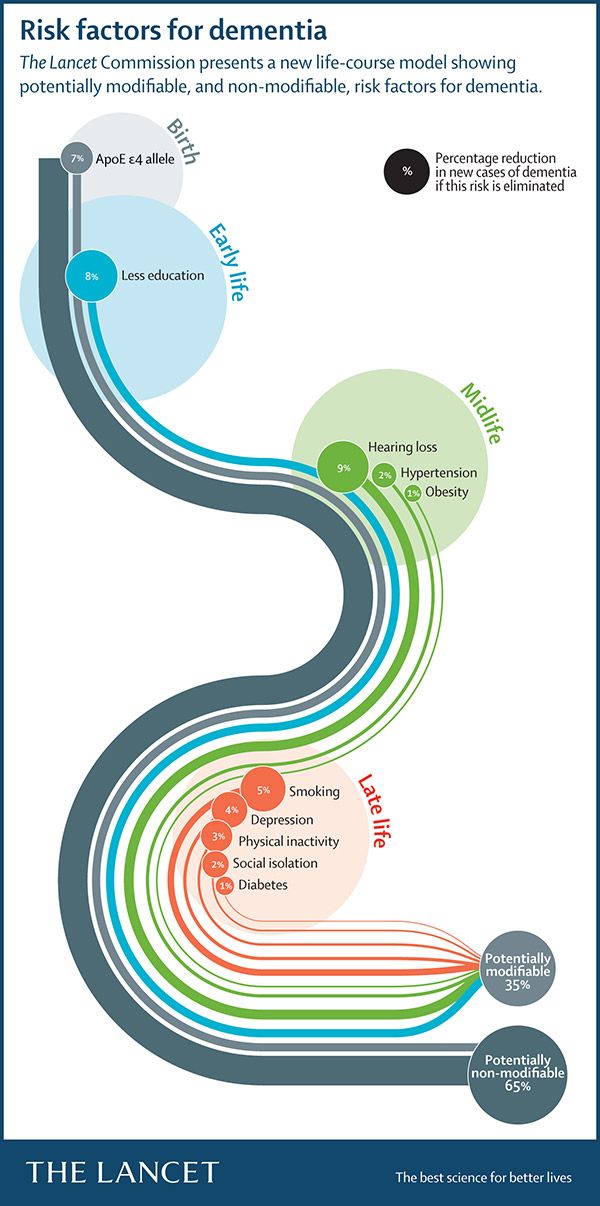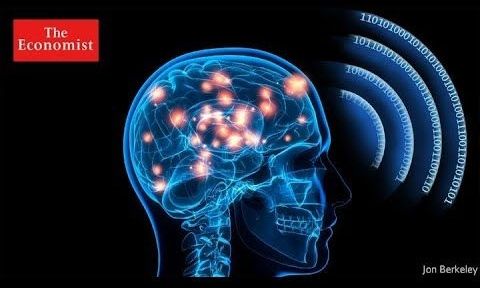May 28, 2018
Investing in Brain Health for All (December 4–6th)
Posted by Alvaro Fernandez in categories: biotech/medical, finance, health, neuroscience
https://www.youtube.com/watch?v=1x8Yhvrd7E4
Amazing how quickly things are changing in brain health and mental health — see the news about Interaxon, Akili, NeuraMetrix, Apple, Calm, Halo Neuroscience, Mindstrong Health, Calm, Novartis, Pear Therapeutics, in the last 6 months alone, and consider joining the discussion in December smile (link opens 2-minute video)
Imagine a videogame cleared by the FDA to treat ADHD, depression, or substance abuse — how will doctors prescribe it, patients access it, and insurers pay for it?
Continue reading “Investing in Brain Health for All (December 4–6th)” »




